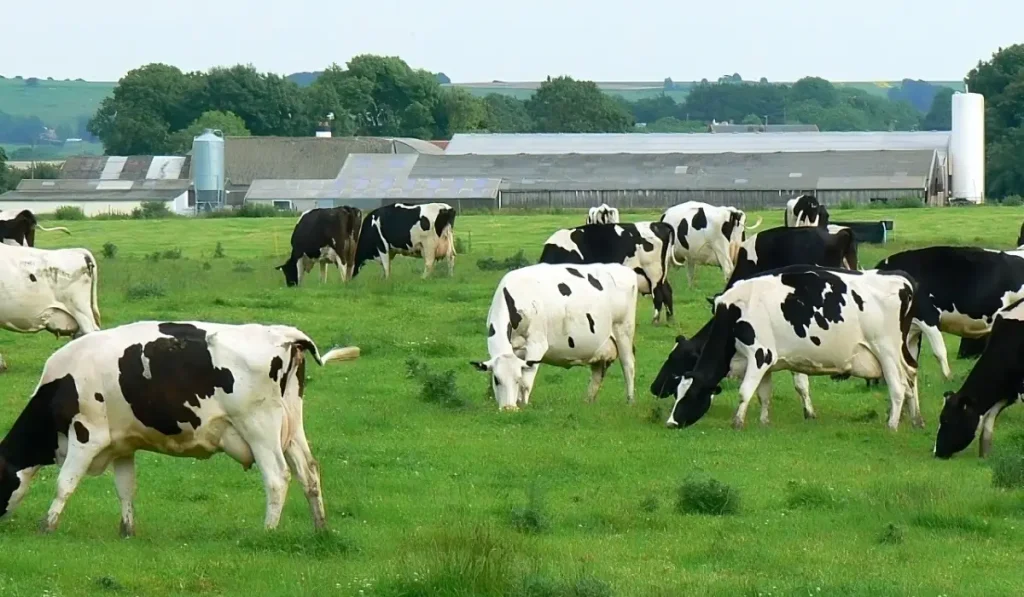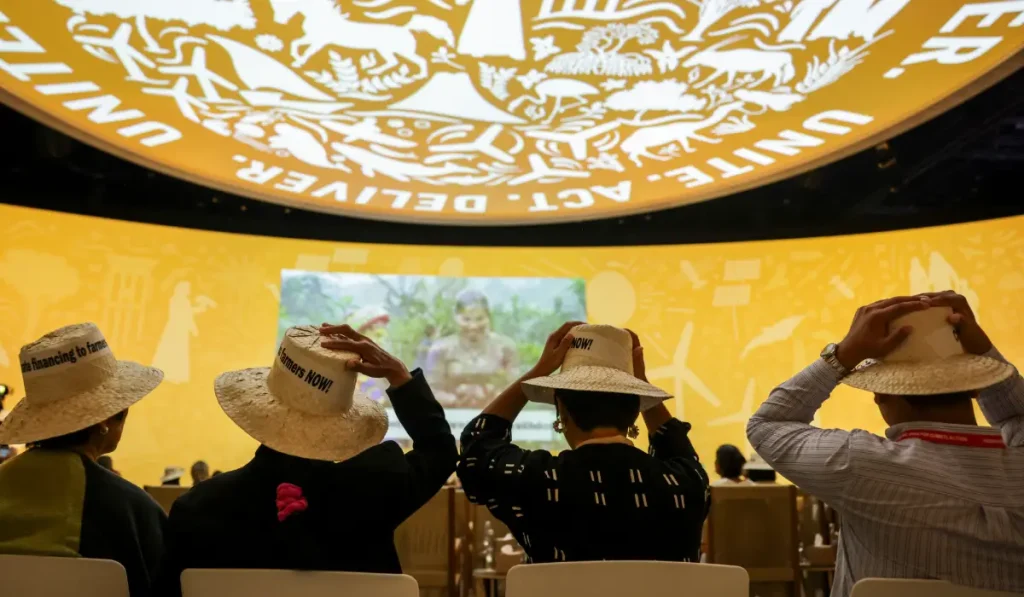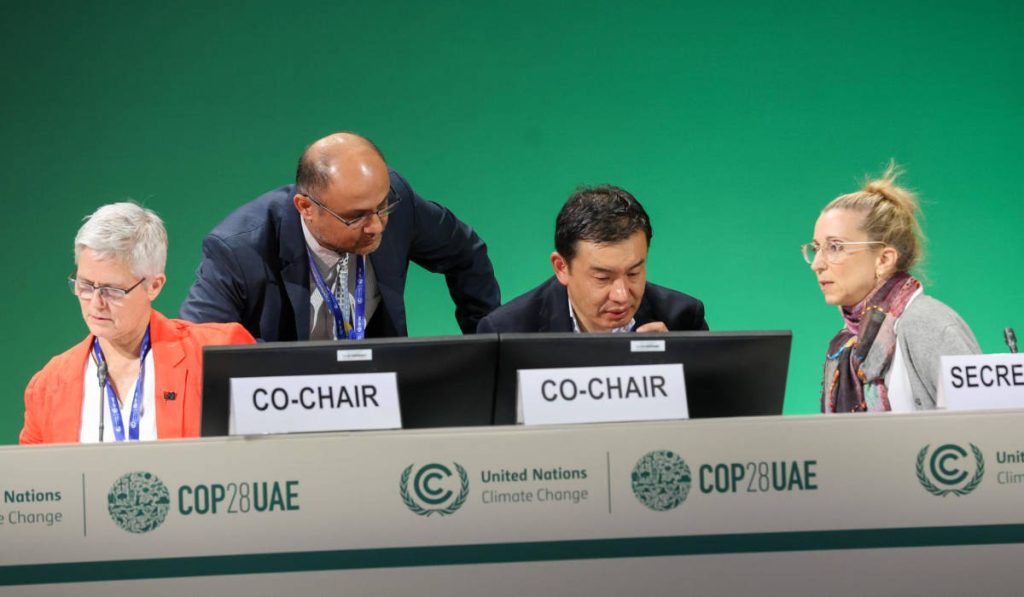Scottish scientist Jim Skea was recently nominated to chair the Intergovernmental Panel on Climate Change (IPCC), in a run off against Brazilian scientist Thelma Krug in a 90-69 vote. Skea has more than forty years of climate science experience and expertise and will lead the IPCC in its seventh assessment cycle. His vision is to lead an IPCC that is truly representative and inclusive, through greater diversity within the IPCC’s pool of scientific authors, and also shielding the body’s scientific integrity and policy relevance.
Although a respected scientist in his field and a longstanding IPCC veteran, his election extends an unbroken run of male leaders since the IPCC was established in 1988. One study from 2019, for example, found that only 30% of IPCC authors were women. Skea blames national governments for this, saying, that whilst they support gender diversity in name, “they [then] come up with male nominations.”
Another bug bear is the lack of representivity of African authors. In an interview with the Economist, Debra Roberts, a South African who was also in the running for the position alongside Skea, Krug and Belgium’s Jean-Pascal van Ypersele, stated that one of her priorities would be “representation of women and scientists from the global south, and addressing data gaps for the south”. During the last IPCC assessment cycle, only 11% of authors were from Africa, notwithstanding its extreme vulnerability to climate change. According to Soipan Tuya, cabinet secretary of Kenya’s climate change ministry, “it would be important to have more numbers from Africa and other parts of the world that are hugely impacted by climate change to be well-represented when seeking solutions.”
Data gaps from the South remains a critical issue as it’s not just a lack of scientific participation but also information, that is holding back accurate and up to date assessments of risk, vulnerability and opportunities in Africa. Roberts had hoped that her appointment as the first female chair, and the first from Africa, would encourage more women and global-south scientists to volunteer their time. She was also keen to have more pragmatic shorter reports published in smaller intervals, something that could have made climate science significantly more accessible to the general public.
As the new chair, Skea believes there has been progress in increasing diversity within the IPCC’s authors since 2019, but he is supportive of continuing this trend and also including more young scientists. Skea is also looking to address the Just Transition in future rounds of IPCC reports. Topically, he is also interested in focusing on ways to capture carbon dioxide emissions to slow warming, something that certain large emitting and oil producing nations are also keen to explore at COP28. On this he stated “we are not seeing a lot of progress at the moment – even carbon capture and storage with fossil fuels is not proceeding that quickly,” adding that such technologies “are not excuses not to cut emissions”.






